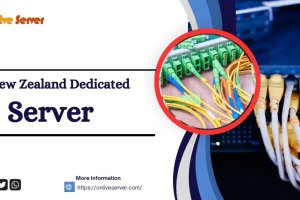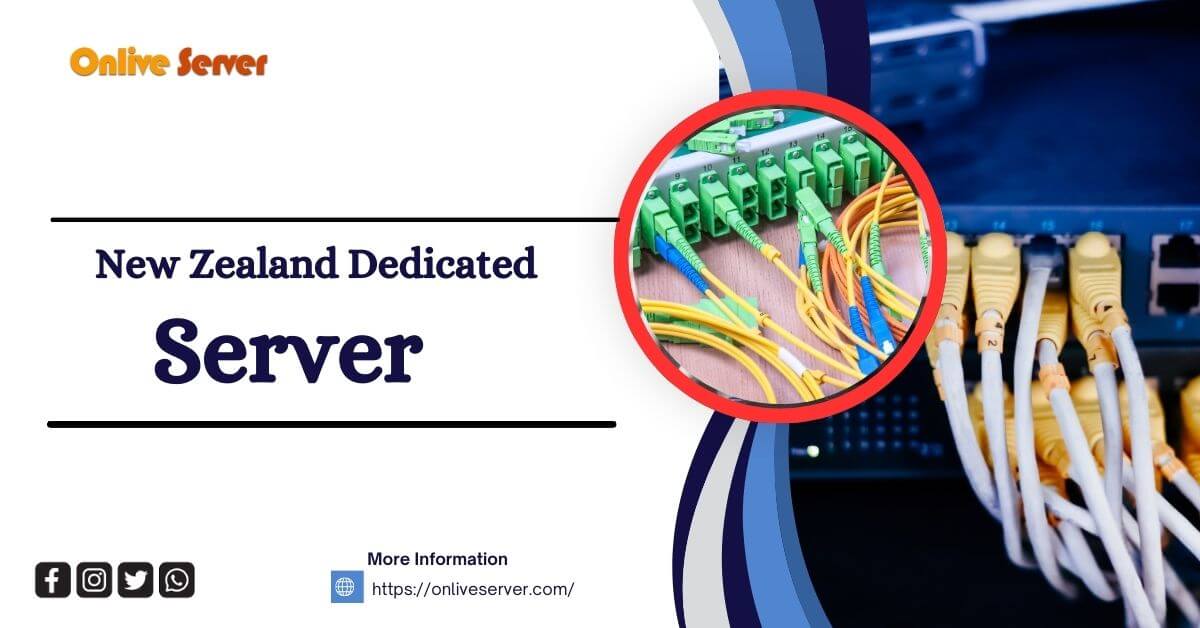In the dynamic and competitive business landscape, Micro, Small, and Medium Enterprises (MSMEs) play a crucial role in driving economic growth and fostering innovation. However, for MSMEs to thrive, it’s essential to navigate the regulatory landscape with confidence and ensure proper registration. This article outlines the easy way to MSME success through a seamless MSME Registration process.
Understanding the Importance of MSME Registration
MSME registration is not just a legal formality; it brings a myriad of benefits that can significantly impact the success of your business. Some key advantages include:
Financial Assistance:
MSME registration facilitates easy access to various government schemes and subsidies. This financial assistance can be a game-changer for small businesses, providing the necessary capital for growth and expansion.
Credit Facilities:
Registered MSMEs often enjoy favorable terms and conditions when seeking credit from financial institutions. This enables them to secure loans at lower interest rates, fostering financial stability and sustainability.
Market Access and Promotion:
Government initiatives often prioritize MSMEs, providing them with a platform for market access and promotion. This exposure can lead to increased visibility, customer trust, and business opportunities.
Technology Upgradation:
Many governments offer incentives for technology adoption and upgradation. MSME registration can unlock these benefits, allowing businesses to stay competitive by embracing the latest advancements.
The Easy Way to MSME Registration:
1. Understand Eligibility Criteria:
Before initiating the registration process, ensure that your business meets the eligibility criteria for MSME classification. Factors such as investment in plant and machinery or equipment and annual turnover determine the category (micro, small, or medium) your business falls under.
2. Gather Necessary Documents:
Prepare a set of essential documents, including business PAN, Aadhaar, business address proof, and information about the business activities. Having these documents ready streamlines the registration process and minimizes delays.
3. Choose the Right Platform:
Governments often provide online portals for MSME registration. Choose the official government portal or a reliable third-party service to avoid potential complications. Online registration simplifies the process and reduces paperwork.
4. Fill the Registration Form:
The registration form typically requires information about the business, its activities, and details about the proprietor or partners. Provide accurate information to avoid complications later. Many online platforms offer user-friendly interfaces, making the form-filling process straightforward.
5. Verification and Approval:
After submitting the registration form, the concerned authority will verify the provided information. This may involve a site visit or additional documentation. Ensure that you respond promptly to any queries raised during the verification process.
6. Obtain Udyam Registration Number:
Upon successful verification, you will be issued a Udyam Registration Number. This unique identifier is crucial for availing the benefits associated with MSME registration. Keep this number handy for future reference.
7. Explore Government Schemes:
With the registration complete, explore the various government schemes and initiatives tailored for MSMEs. These could include subsidies, grants, and support for technology adoption. Leverage these resources to enhance the overall competitiveness of your business.
8. Compliance and Renewal:
Stay informed about the compliance requirements for MSMEs in your region. Regularly update and renew your registration to ensure continued access to benefits. Compliance not only enhances the credibility of your business but also protects it from potential legal issues.
9. Network and Collaborate:
Being part of the MSME ecosystem opens doors to networking opportunities. Collaborate with other MSMEs, attend industry events, and stay engaged with relevant associations. Networking can lead to valuable partnerships, knowledge exchange, and business growth.
10. Embrace Digital Transformation:
As technology continues to reshape industries, MSMEs must embrace digital transformation. Leverage digital tools and platforms to streamline operations, reach a wider audience, and enhance overall efficiency.
Overcoming Common Challenges:
While the registration process is designed to be straightforward, MSMEs may encounter challenges along the way. Here are some tips to overcome common hurdles:
1. Knowledge Is Power:
Stay informed about the latest updates and changes in MSME regulations. Government policies may evolve, and staying abreast of these changes ensures that your business remains compliant and maximizes available benefits.
2. Professional Assistance:
If navigating the registration process seems daunting, consider seeking professional assistance. Many consultants specialize in MSME registration and can guide you through the process, ensuring accuracy and efficiency.
3. Digital Literacy:
Embrace digital literacy within your organization. Familiarize yourself with online tools and resources, as many aspects of MSME registration are digitized. This not only expedites the registration process but also sets the foundation for digital business operations.
4. Strategic Planning:
Plan strategically for the post-registration phase. Identify specific areas where government support can make a significant impact on your business, such as technology upgrades, skill development, or market expansion. Tailor your business strategy to align with available incentives.
5. Building a Strong Financial Profile:
Financial institutions often consider the financial health of a business when providing credit. Maintain a strong financial profile by managing your finances efficiently, keeping accurate records, and demonstrating a clear vision for sustainable growth.
6. Community Engagement:
Actively engage with the local MSME community. Participate in forums, workshops, and industry events to exchange ideas, learn from others’ experiences, and stay connected with the broader business ecosystem.
Case Studies: Realizing the Benefits
1. Success Story: Tech Adoption
A small manufacturing unit registered as an MSME leveraged government incentives for technology adoption. By upgrading its machinery, the company significantly increased production efficiency, reduced costs, and gained a competitive edge in the market.
2. Access to Global Markets:
A micro-enterprise engaged in handicrafts utilized government-sponsored trade fairs to showcase its products. This exposure led to collaborations with international buyers, opening doors to export opportunities and a broader customer base.
3. Financial Stability Through Subsidies:
A medium-sized enterprise in the agri-processing sector accessed government subsidies for modernizing its facilities. This not only enhanced the quality of its products but also ensured a steady revenue stream, contributing to long-term financial stability.
Looking Ahead:
As the global business landscape evolves, MSMEs must remain agile and adaptable. Continuous improvement, innovation, and a proactive approach to government initiatives are essential elements for sustained success. The journey doesn’t end with registration – it’s a stepping stone toward a future where MSMEs play a pivotal role in driving economic growth and prosperity.
conclusion:
The easy way to MSME success begins with confident and seamless registration. By understanding the benefits, following a straightforward process, and staying proactive in leveraging government initiatives, MSMEs can position themselves for sustained growth and competitiveness. Remember, MSME registration is not just a legal requirement – it’s a strategic move toward a brighter and more prosperous business future.









